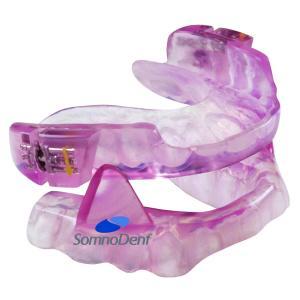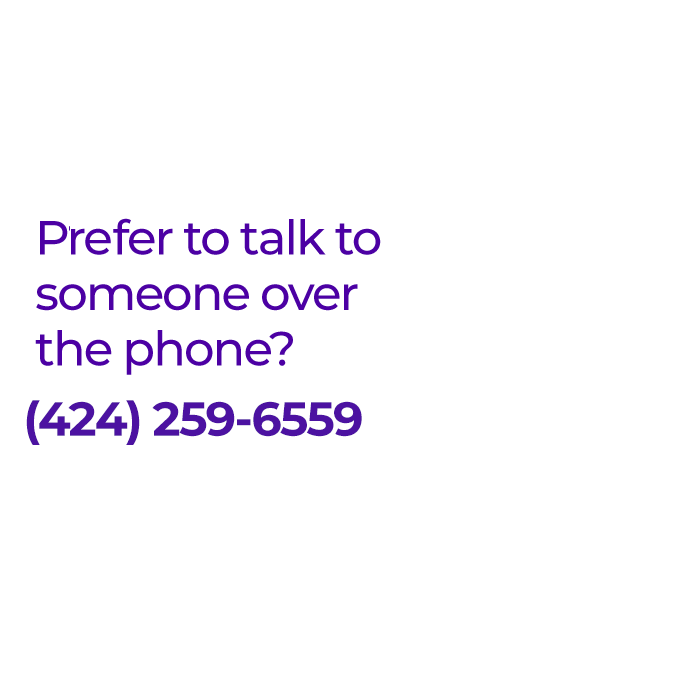Two months ago, I developed two videos related to drug-induced sleep endoscopy that I posted on my YouTube page. One video discussed drug-induced sleep endoscopy and provided some example videos, and the other discussed how drug-induced sleep endoscopy can be used to improve the selection of treatments (surgery and oral appliances) and enhance results. Just to show how new research is advancing medical knowledge, this month an interesting study was published on drug-induced sleep endoscopy and oral appliances.
In the Journal of Clinical Sleep Medicine, Drs. Colin Huntley and Mau Boon from Thomas Jefferson University compared the sleep study results of two groups of patients who had the studies done while wearing a mandibular repositioning appliance (the more common category of oral appliances). They compared 20 patients who underwent drug-induced endoscopy and were recommended for a mandibular repositioning appliance (DISE group) to 20 patients who were using a mandibular repositioning appliance who had not undergone drug-induced sleep endoscopy (No DISE group). There were no systematic differences in age, gender, or the severity of obstructive sleep apnea without the oral appliance. Both groups had improvement with the oral appliance, but the DISE group had a greater improvement in their obstructive sleep apnea. Both groups started with an apnea-hypopnea index of abour 30 events/hour of sleep; the DISE group had an apnea-hypopnea index of 8 with the oral appliance in place, while the No DISE group had an apnea-hypopnea index of almost 15.
Is drug-induced sleep endoscopy needed before an oral appliance?
This study supports the potential role of drug-induced sleep endoscopy in guiding treatment decisions. It does not mean that everyone must have a drug-induced sleep endoscopy before treatment with an oral appliance. I use drug-induced sleep endoscopy like any test that I order, reserving it for cases when it will change how I treat a patient. If a patient is going to use an oral appliance regardless of what I might see on a drug-induced sleep endoscopy, I would not waste their time and money on a drug-induced sleep endoscopy, even if it is very low-risk. However, if they want to have a better understanding of how well the oral appliance might work, then drug-induced sleep endoscopy really might be helpful.





30 − 27 =